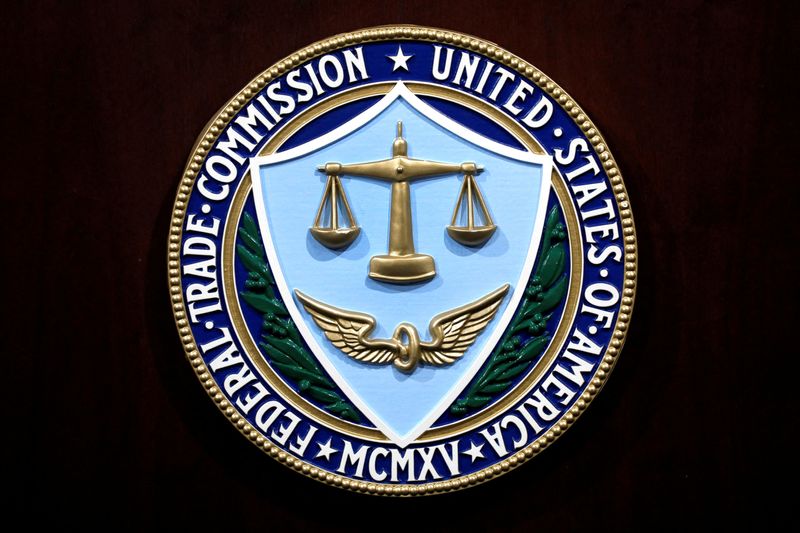Select Language

WASHINGTON (Reuters) - Auto dealers will be barred from luring vehicle buyers with promises they do not keep and will not be able to charge junk fees - like a service contract for an oil change for an electric vehicle - under a new rule, the U.S. Federal Trade Commission said on Tuesday.
The rule could fundamentally change how millions of Americans buy vehicles annually by requiring up-front pricing in dealers' advertising and sales discussions, and bars the sale of add-on products or services that confer no benefit to consumers.
The FTC, in a rule finalized on Tuesday that was first announced in 2022, said it had been concerned about dealers that allegedly targeted young men and women in the military.
"By the age of 24, around 20% of young servicemembers have at least $20,000 in auto debt," the agency said in a statement which said that the rule "prohibits dealers from lying to servicemembers and other consumers about important cost and financing information."
Consumer Reports said the FTC proposal would bar "shady tactics" by car dealers that can boost the cost of new vehicles.
Sam Levine, director of the FTC's Bureau of Consumer Protection, said that consumers often begin car shopping by comparing prices before going to a dealer.
"The reality is once you actually get to the dealership, you find the car, you find the model you like, it's in stock, and you get closer to the end of the transaction, you realize that the price that's been advertised is not actually the price that you can drive away with the car with," he said.
The rule, which attracted sharp criticism from the National Automobile Dealers Association (NADA), takes aim at practices the FTC says costs consumers $3.4 billion annually and prolongs the vehicle-shopping process.
NADA President and CEO Mike Stanton said the rule was "heavy-handed bureaucratic overreach and redundancy at its worst, that will needlessly lengthen the car sales process by forcing new layers of disclosures and complexity into the transaction."
"We are exploring all options on how to keep this ill-conceived rule from taking effect," said Stanton in an email.
Carvana's Chief Brand Officer Ryan Keeton said the company has championed transparency. "We support efforts to introduce more transparency across the industry to help consumers make informed decisions on their own terms," Keeton said in an email comment.
While the FTC did not name any companies in its release, other of the biggest auto dealers include AutoNation (NYSE:AN), Penske, Lithia Motors (NYSE:LAD), CarMax (NYSE:KMX), Group 1 Automotive (NYSE:GPI) and Sonic Automotive (NYSE:SAH). None had an immediate comment.
The rule would specifically bar misrepresentations about price, cost and the total cost of the vehicle.
Dealers will also be required to obtain consent for any charges they add to a vehicle's price. They would be barred from charging for add-ons that are useless to the buyer, such as selling nitrogen-filled tires that contain no more nitrogen than normal air.
The Alliance for Automotive Innovation, representing General Motors (NYSE:GM), Toyota Motor (NYSE:TM), Volkswagen (ETR:VOWG_p) and other major automakers, raised concerns about the FTC plan and warned of "excessive regulation and micromanagement of the sales experience."

